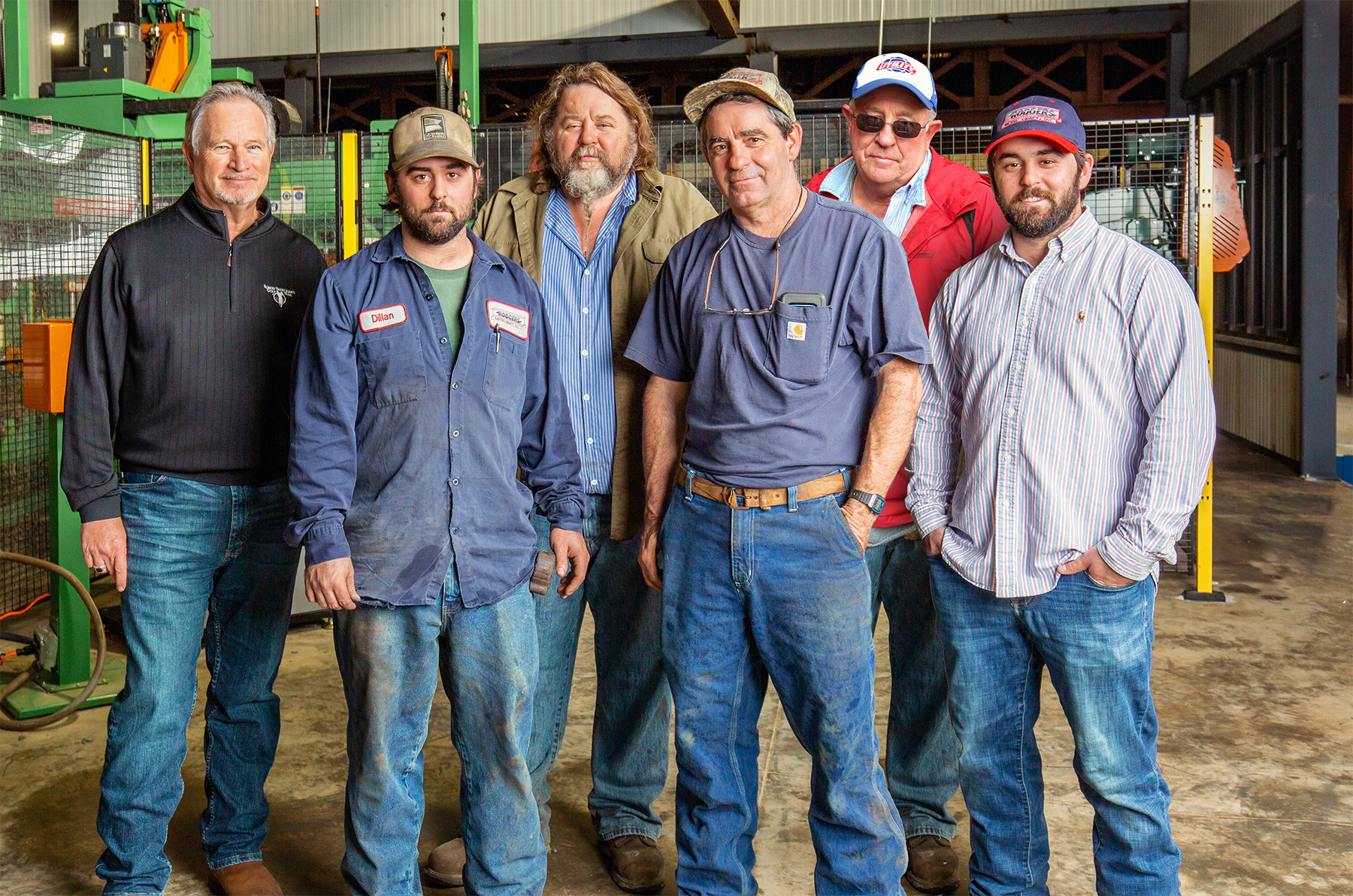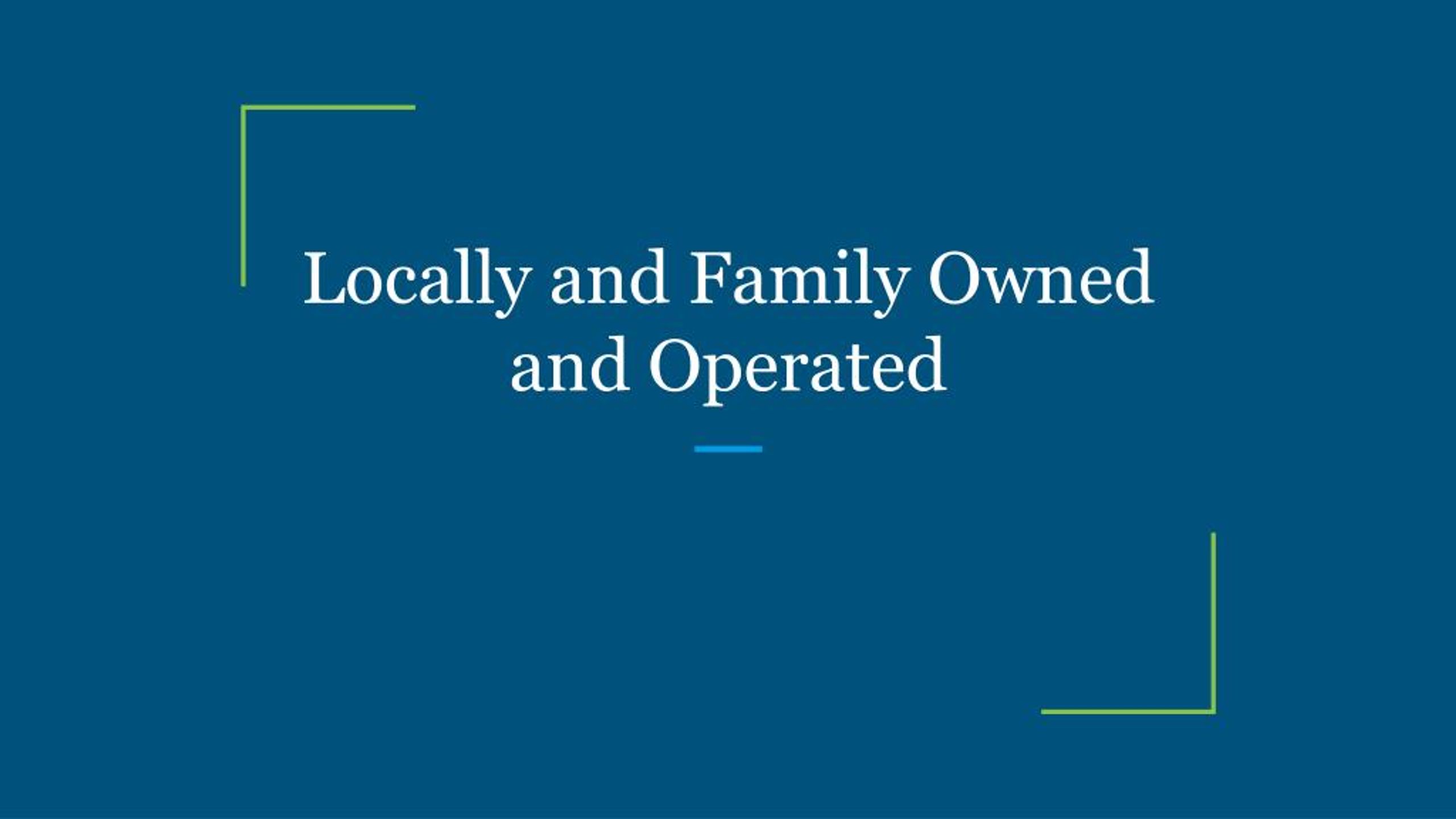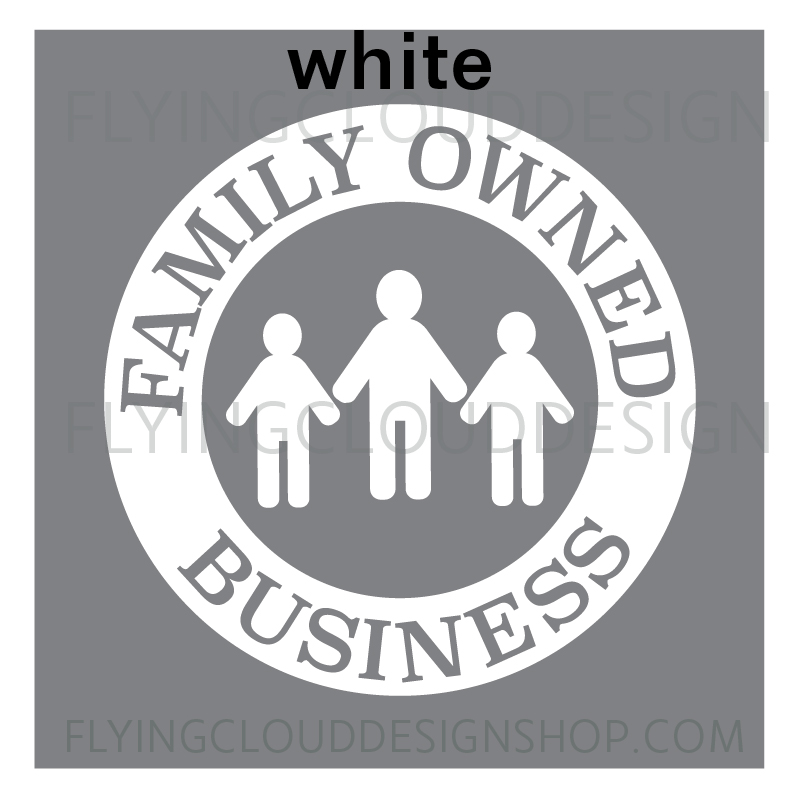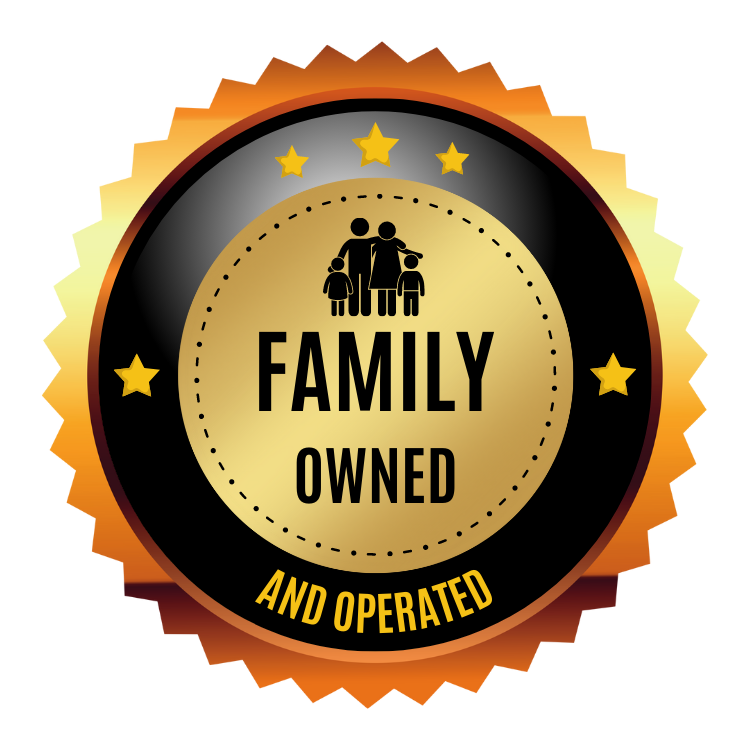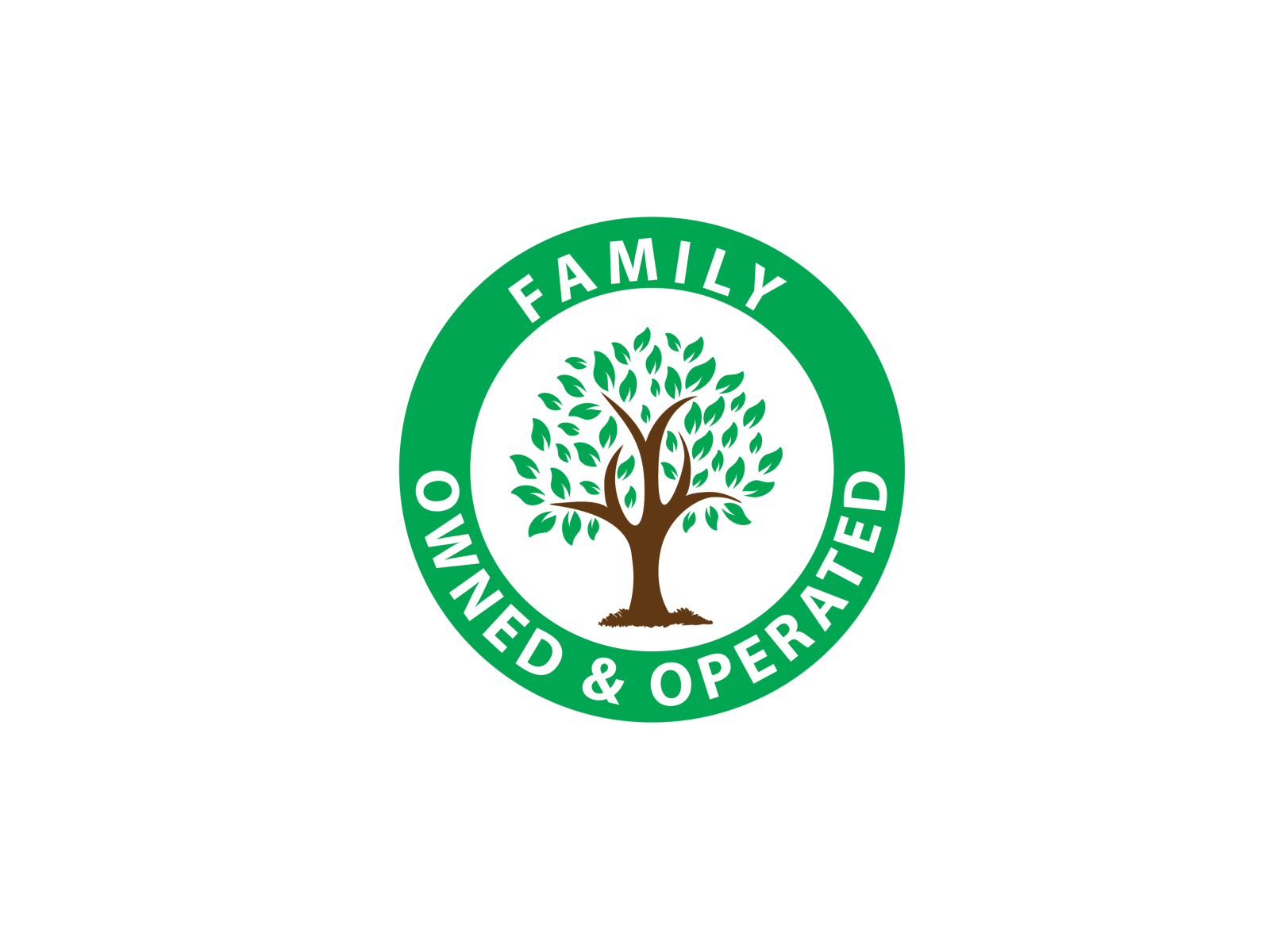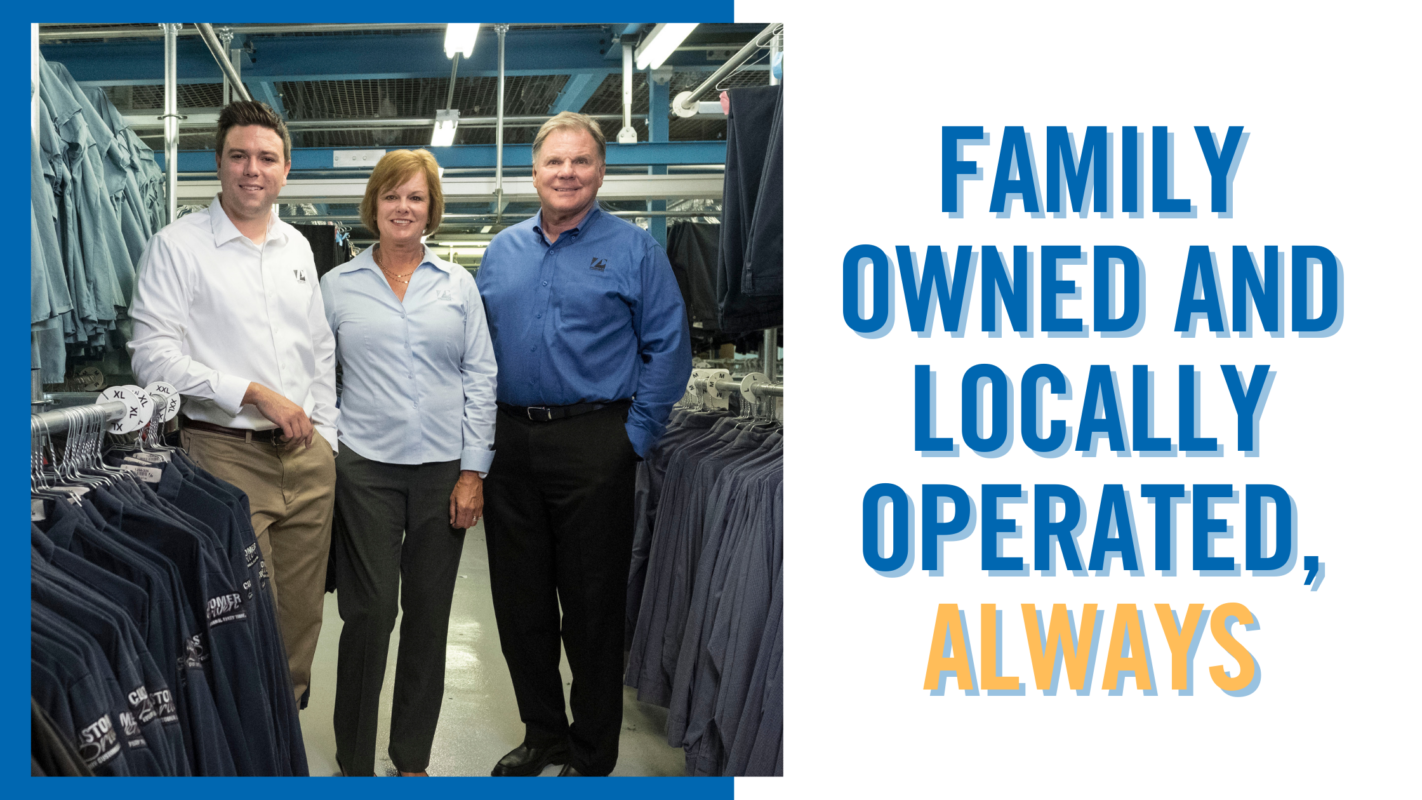What Does Family Owned And Operated Mean

The corner bakery with the aroma of fresh bread wafting onto the street, the local hardware store where everyone knows your name, the auto repair shop run by three generations of mechanics – these images often spring to mind when we hear the term "family owned and operated." But what does this designation truly mean, and how does it impact businesses and consumers alike?
The term "family owned and operated" generally describes a business where ownership and management are primarily held within a family unit. This isn't just about shared last names; it signifies a business model where family members significantly influence the company's direction, values, and day-to-day operations.
Defining the Family Business
While there's no single legal definition universally applied, the Family Business Alliance, a leading resource for family businesses, emphasizes that control and strategic decision-making power reside within a family or a small group of families. The Small Business Administration (SBA) doesn't have a specific definition, but recognizes the prevalence of family businesses in the U.S. economy.
Quantifying the exact number of family-owned businesses is challenging due to the lack of a standardized definition and varying reporting practices. However, studies suggest they constitute a significant portion of the business landscape. Research indicates that family businesses account for a substantial percentage of businesses worldwide, contributing significantly to employment and economic output.
Key Characteristics
Several traits distinguish family-owned businesses. These often include a long-term perspective, a strong sense of values, and a commitment to the community.
Long-term Perspective: Decisions are often made with future generations in mind, prioritizing sustainability over short-term gains. This can lead to more responsible business practices and a focus on building lasting relationships with customers and employees.
Strong Values: Family values are frequently embedded in the company culture, influencing ethical standards, customer service, and employee relations. Integrity and trust are often paramount.
Community Focus: Family businesses often have deep roots in their local communities. They may be more likely to support local charities, sponsor community events, and prioritize local hiring.
Impact and Implications
The "family owned and operated" label can significantly impact a business's reputation and consumer perception. Many consumers associate it with trustworthiness, personalized service, and a commitment to quality.
However, it's crucial to remember that "family owned" doesn't automatically guarantee superior service or ethical practices. Like any business, family-owned companies can face challenges and varying levels of success.
The potential impact of family involvement also extends to business operations. While family members can bring dedication and shared expertise, they can also encounter challenges related to succession planning, conflict resolution, and professional boundaries. Harvard Business Review has published numerous articles on the unique challenges faced by family businesses in these areas.
Succession planning is often a critical concern, as the transition of leadership from one generation to the next can be complex and emotionally charged. Effective communication and clear roles are essential for navigating these transitions successfully.
A Double-Edged Sword
The "family owned and operated" designation can be a powerful marketing tool, attracting customers who value personal connections and a sense of community. However, businesses must ensure they deliver on the promises associated with this label.
Consumers should be mindful of the stereotypes associated with family businesses and evaluate each company based on its individual merits. Look for evidence of quality, ethical practices, and customer satisfaction, regardless of ownership structure.
In conclusion, the term "family owned and operated" signifies a specific business model characterized by family involvement in ownership and management, a long-term perspective, strong values, and a community focus. While it can offer unique advantages and appeal to certain consumers, it's essential to approach these businesses with realistic expectations and evaluate them based on their individual performance.
